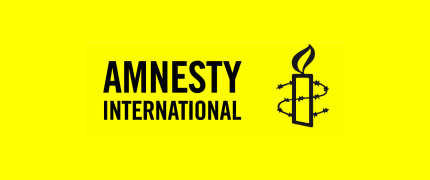 In June 2014, the African Union (AU) adopted the Protocol on Amendments to the Protocol on the Statute of the African Court of Justice and Human rights (Malabo Protocol), which extends the jurisdiction of the yet-to-be established African Court of Justice and Human Rights (ACJHR) to crimes under international law and transnational crimes.
In June 2014, the African Union (AU) adopted the Protocol on Amendments to the Protocol on the Statute of the African Court of Justice and Human rights (Malabo Protocol), which extends the jurisdiction of the yet-to-be established African Court of Justice and Human Rights (ACJHR) to crimes under international law and transnational crimes.
While the ACJHR can play a vastly positive role in a continent persistently afflicted by the scourge of conflict and impunity for crimes under international law, there are a number of concerns and implications arising from the proposal to expand its jurisdiction.
This report, written by Rachel Murray in collaboration with Amnesty International, looks at how the expanded jurisdiction will affect relevant stakeholders, including victims of gross violations of human rights, the AU, and Civil Society Organisations. It is hoped that this publication will generate frank and open discussion amongst the relevant stakeholders on the implications of the Malabo Protocol.


